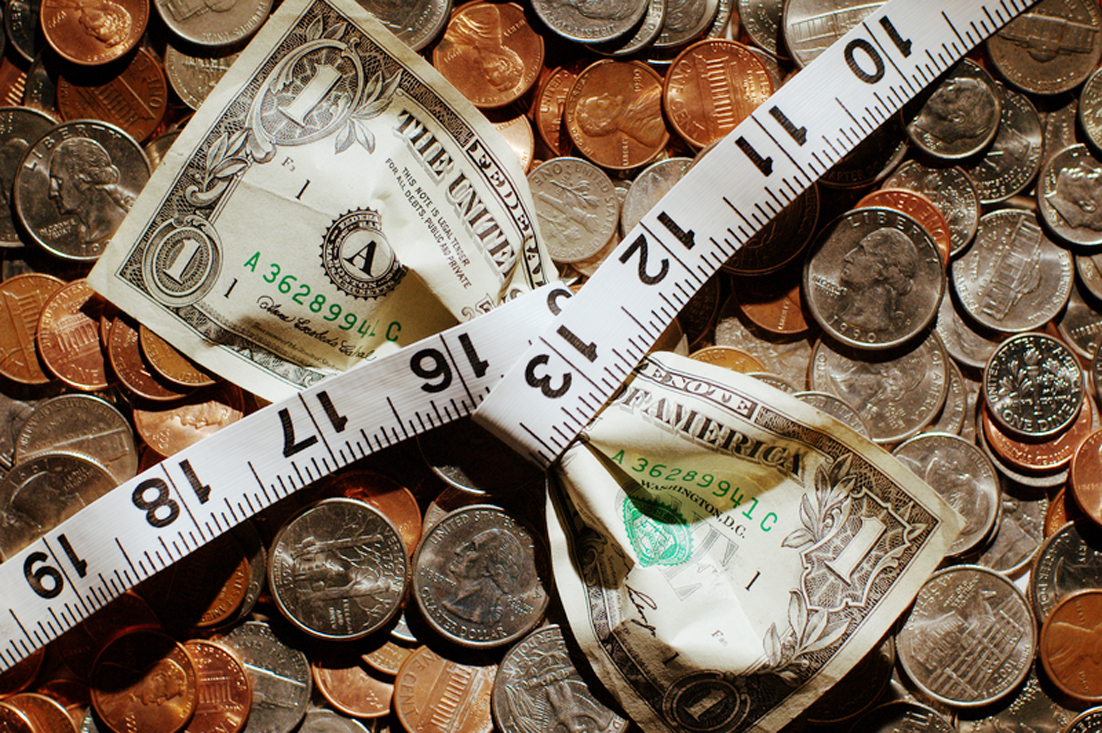Household Bills
Seven things that will squeeze your finances in 2022

Rising energy bills and surging inflation might be grabbing the headlines – but they are not the only things that will impact your finances this year.
Tax hikes and potential interest rate rises are also on the way – but there are moves you can make to protect yourself.
Hargreaves Lansdown has put together a list of ways ‘The Big Squeeze’ will impact people’s finances, and looked at how to mitigate the impact.
Energy prices
Without government intervention, the energy price cap is set to rise dramatically, by as much as 50% – or £600 a year. This will disproportionately affect those on lower incomes, who spend a bigger portion of their incomes on energy. Currently, it’s impossible to switch to an energy tariff cheaper than the price cap.
Sarah Coles, senior personal finance analyst at Hargreaves Lansdown, said: “Instead, you need to think carefully about usage. For some people this will include everything from insulation to energy efficiency appliances and bulbs to energy-saving habits. For others, the scale of the rises will mean some horrible decisions about heating their home. If you’re facing real hardship, it’s worth looking into whether you qualify for any help from your energy provider, such as the warm homes discount or other grants.”
Higher inflation
Inflation hit 5.1% in November, and it could rise further. To make matters worse, many of the items powering inflation are the things we can’t live without, such as fresh food and petrol.
Cole said: “The most powerful thing you can do is to be aware of price rises, so you don’t get sucked into paying more for everything without thinking about it. One straightforward option is to keep the receipt from the big shop, so you can check the prices when you’re next at the supermarket to see if they have risen. You could also take a photo of the petrol prices next time you fill up.”
Negative wage inflation
In November last year, the most recent month we have figures for, regular pay (without bonuses) was up just 1% in a year after inflation was taken into account.
The Resolution Foundation has warned there’s every chance this figure will turn negative in the coming months, and for much of 2022, wages will actually be falling in real terms.
Now is the time to consider whether you’re being paid a fair wage for the work you do. Recruitment has been hard for businesses recently – so you could negotiate a pay rise or consider changing jobs.
Higher interest rates
The Bank of England base rate went up from 0.1% to 0.25% in December, and the markets are pricing in the next rise in for February. They’re also expecting this to be the first of a handful of rises during the year.
This tends to feed into borrowing rates fairly quickly – in some cases even before the rise itself is announced – so variable rate mortgages, credit cards and new loans are more expensive.
Coles said: “If you’re on a variable rate mortgage, and it makes sense for your circumstances, you should seriously consider remortgaging to fix your rate. While fixed rate mortgages have risen, you can still fix for five years for as little as 1.39% and two years for 1.11%, which are still fantastically low rates.”
National Insurance rise
The 1.25 percentage point hike in April is going to be painful for us all, so someone earning £30,000 will pay £255 more, and someone earning £50,000 will pay £505 more.
If you’re employed, check to see if your employer offers a salary sacrifice scheme. These involve you and your employer agreeing to cut your salary and pay the equivalent into benefits with tax and national insurance breaks. This includes pensions, pension advice and cycle to work schemes.
It means you get the full value of your pay – without any tax or NI taken off – paid directly into your benefits.
Coles said: “This won’t leave you better off today, because you’ll get less in your pay packet, but it means you’ll be boosting your overall reward package instead of handing over more to the taxman.”
Dividend tax rise
Dividend tax will rise 1.25 percentage points in April to 8.75% for basic-rate taxpayers, 33.75% for higher-rate taxpayers and 39.35% for additional-rate taxpayers.
This will affect investors who make more than the dividend allowance of £2,000 a year in investments outside an ISA, or own their own company and pay themselves in dividends.
Coles said: “For investments, your best bet is to shelter as much as possible in an ISA, where all income and growth is completely tax free. Assets can also be passed between spouses without triggering a tax bill, so between you, you can shelter £40,000 a year in ISAs.”
Frozen tax allowances
The freezing of tax thresholds announced in March last year won’t have had an immediate impact, but over the years, as wages rise, it will drag more and more people into paying higher rates of tax.
By 2026, it’s likely to mean 1.5 million more people paying tax and 1.2 million more paying higher rate tax.
Coles said: “Again, your best bet is salary sacrifice and payments into tax-free benefits instead – although this won’t leave you with more money in your pocket, it will just cut your tax bill.”